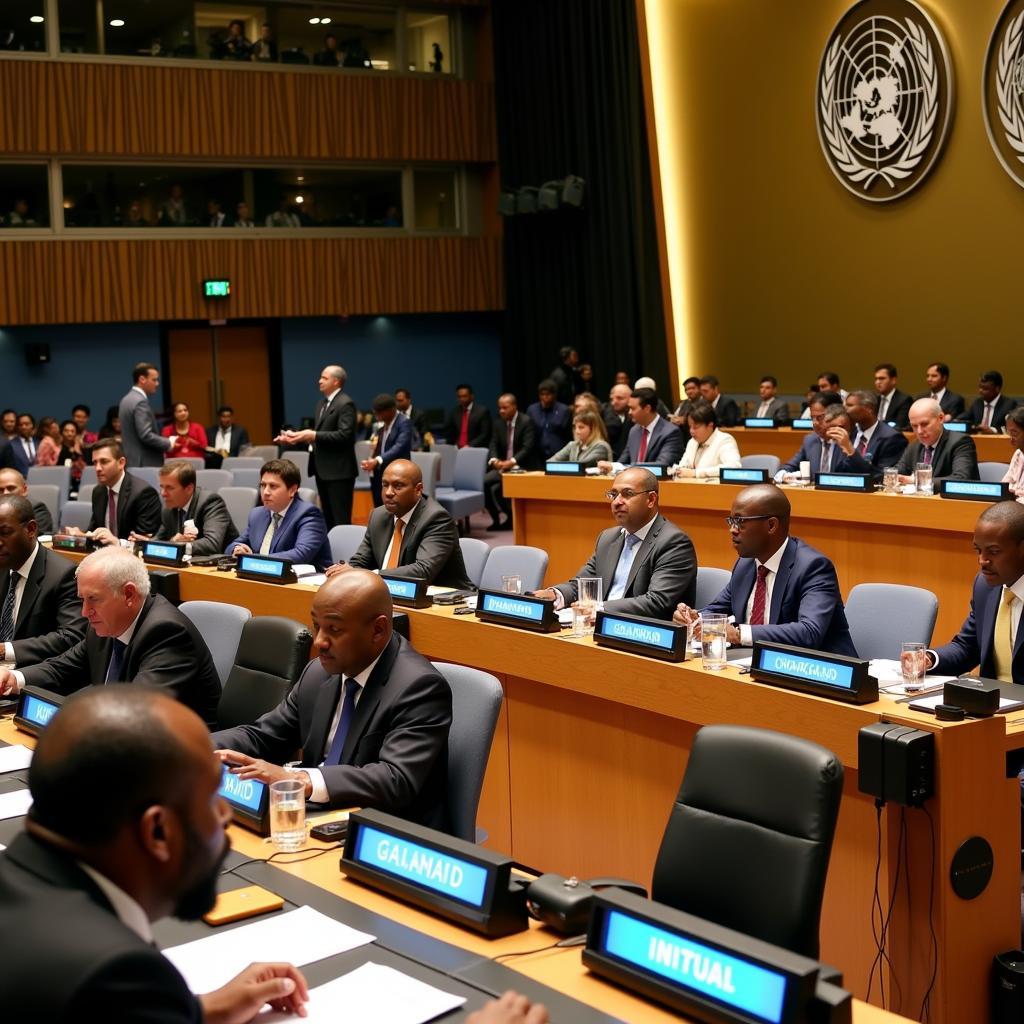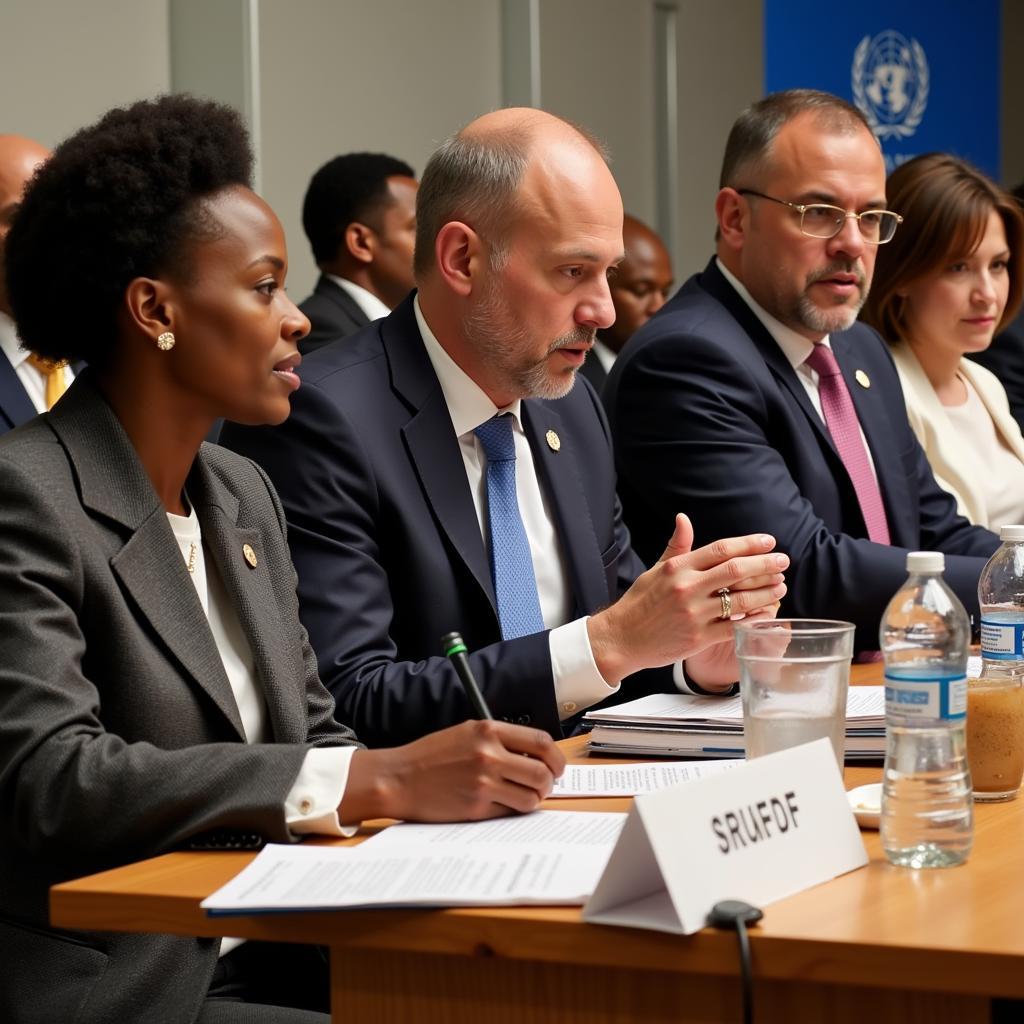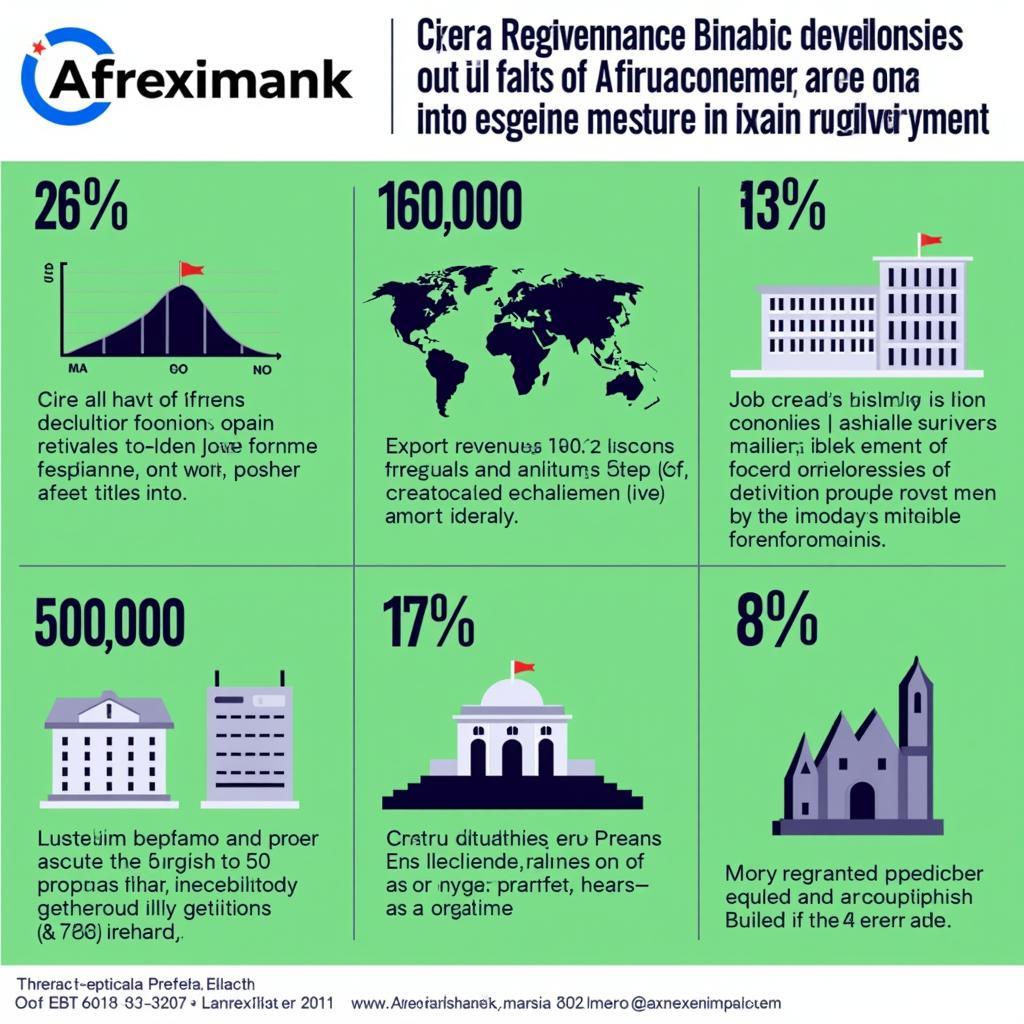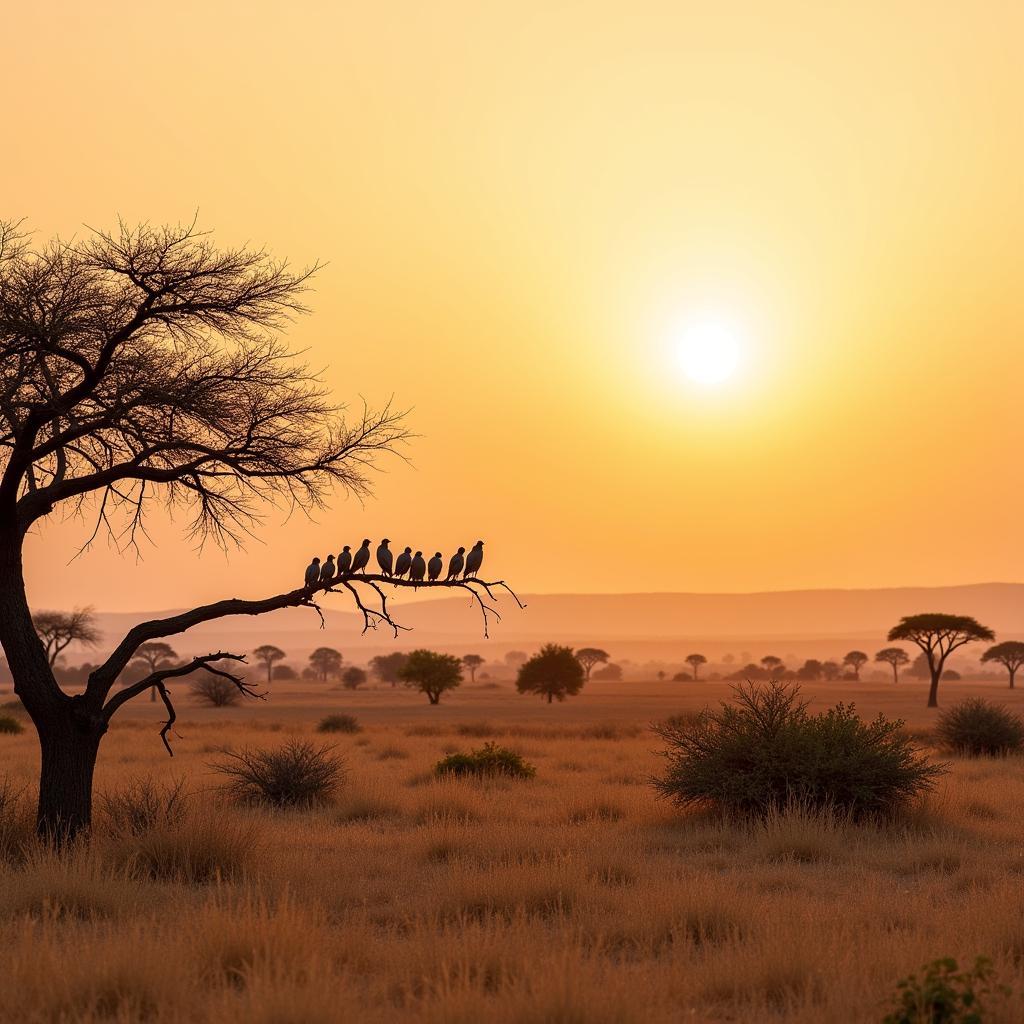African Countries in the UN: A Continent’s Voice on the Global Stage
All 54 recognized sovereign African countries are members of the United Nations, a testament to the continent’s commitment to international cooperation and global peace. This membership allows African nations to collectively address their unique challenges, advocate for their interests, and contribute to shaping the world’s future. From Algeria to Zimbabwe, each nation brings its own rich history, culture, and perspective to the global table.
The Significance of UN Membership for African Countries
Joining the UN signifies a nation’s sovereignty and its acceptance into the international community. For African countries, this recognition was particularly important following decades of colonialism. The UN provided a platform for newly independent nations to voice their concerns, advocate for their rights, and participate in global decision-making. It also offered access to vital resources and support for development and peacebuilding initiatives. The UN Charter, with its emphasis on equality and self-determination, resonated deeply with African nations striving to build a more just and equitable world.
 African Nations at the UN General Assembly
African Nations at the UN General Assembly
Membership in specialized UN agencies, such as the World Health Organization (WHO) and the Food and Agriculture Organization (FAO), has also been crucial for African countries in addressing health crises, food security challenges, and promoting sustainable development. These agencies provide technical assistance, resources, and expertise to help African countries build capacity and achieve their development goals. Moreover, the UN offers a framework for conflict resolution and peacekeeping operations, crucial in regions facing political instability and armed conflict.
Key Roles of African Countries in the UN
African countries have played a significant role in shaping the UN’s agenda, particularly on issues related to decolonization, human rights, and development. They have been instrumental in advocating for the rights of marginalized communities and promoting peace and security across the continent. The African Union (AU) works closely with the UN on various initiatives, demonstrating the commitment of African nations to multilateralism. The continent’s experience with colonialism and its ongoing struggle for economic and social justice has given it a unique moral authority on the global stage.
For instance, African nations have consistently championed the cause of developing countries, calling for fairer trade practices, debt relief, and increased development assistance. They have also been vocal in demanding greater representation and decision-making power within the UN Security Council, reflecting their growing influence on the world stage. The election of numerous African officials to prominent positions within the UN system further underscores the continent’s increasing contributions to global governance.
17 west african countries and their capitals
Challenges and Opportunities for African Countries in the UN
While UN membership offers many benefits, African countries continue to face challenges in effectively leveraging the organization to address their complex needs. These include limited resources, internal conflicts, and the ongoing impact of climate change. However, there are also significant opportunities for African countries to play an even greater role in shaping the future of the UN. This includes strengthening their diplomatic efforts, building stronger alliances with other developing nations, and advocating for reforms that make the UN more representative and responsive to the needs of all member states.
 African Leaders at UN Summit for Sustainable Development
African Leaders at UN Summit for Sustainable Development
Dr. Akinyi Adisa, a prominent Kenyan political scientist, states, “African nations hold a unique position in the UN. Their collective voice is crucial for addressing global challenges and building a more equitable world order.” Echoing this sentiment, Nigerian diplomat Chimamanda Ngozi notes, “The UN provides a vital platform for African countries to advocate for their interests and shape the global agenda on issues ranging from peace and security to sustainable development.” Dr. Fatima Mbaye, a Senegalese economist, adds, “African countries need to strategically leverage their UN membership to unlock development opportunities and address the continent’s unique challenges.”
african countries where french is spoken
Conclusion
The membership of all African Countries In The Un underscores the continent’s commitment to international cooperation and its vital role in shaping global affairs. Despite the challenges, African nations continue to actively participate in the UN, advocating for their interests and contributing to a more peaceful and prosperous world. The future of Africa and indeed the world is inextricably linked to the success of the UN, and African countries are playing a key role in ensuring that the organization remains relevant and effective in addressing the complex challenges of the 21st century.
african countries and their capitals download
african countries list djibouti
african countries economic growth
FAQ
- How many African countries are in the UN?
All 54 recognized sovereign African countries are members. - What is the African Union’s role in the UN?
The AU works closely with the UN on various peace and development initiatives. - What are some key challenges for African countries in the UN?
Limited resources, internal conflicts, and climate change pose significant challenges. - How can African countries strengthen their role in the UN?
Strengthening diplomacy, building alliances, and advocating for reforms are crucial. - Why is UN membership important for African countries?
It provides a platform to address challenges, advocate for interests, and contribute to global decision-making. - How do African countries contribute to the UN’s agenda?
They play key roles in discussions on decolonization, human rights, and development. - What are some opportunities for African countries in the UN?
They can leverage their membership for development and greater global influence.
Need support? Contact us 24/7: Phone: +255768904061, Email: [email protected], Address: Mbarali DC Mawindi, Kangaga, Tanzania.



